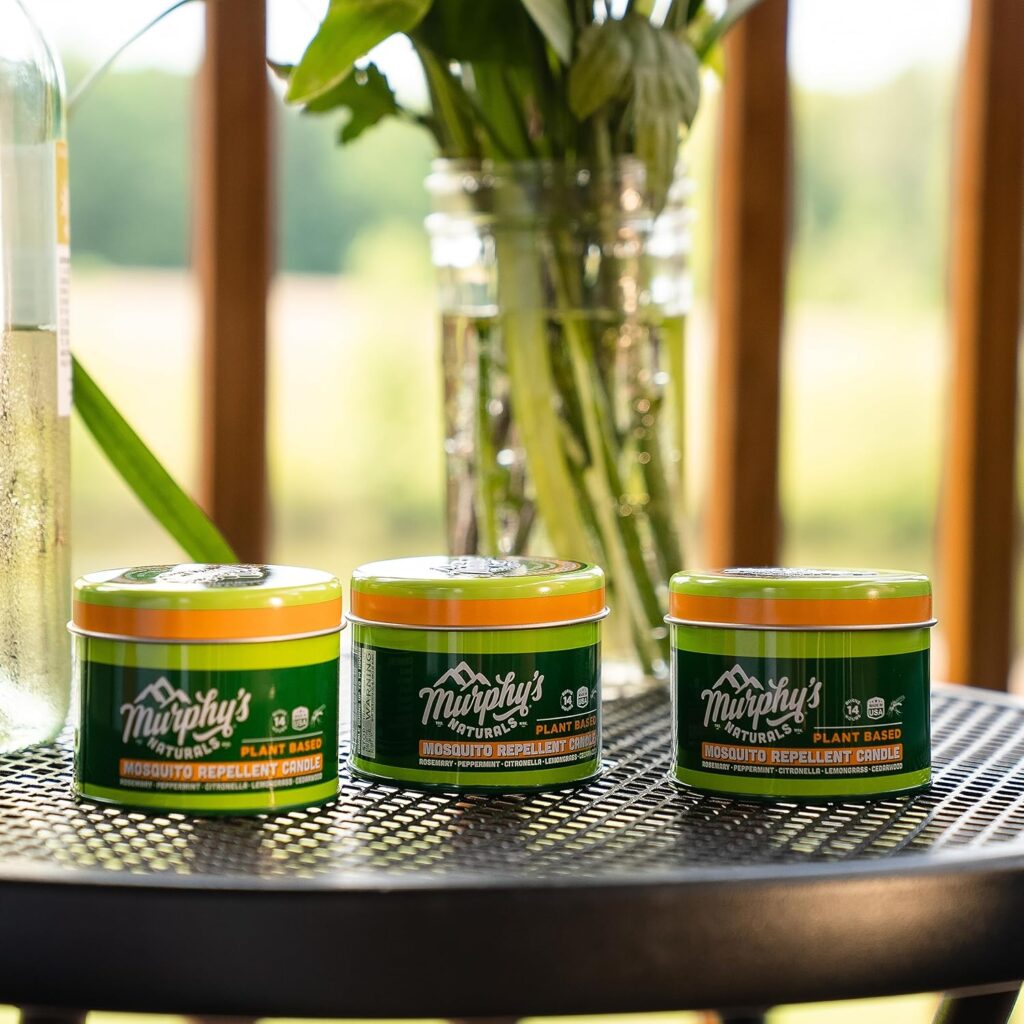How to Identify and Deal with a Brown Recluse Spider Infestation
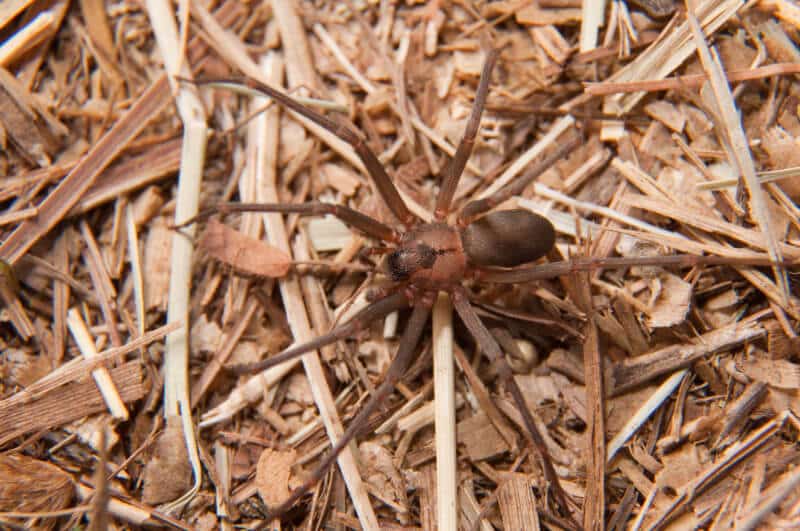
Brown recluse spiders can be a cause of concern for homeowners because of their venomous bites and elusive nature.
While their reputation may be terrifying, understanding these spiders and the risks they pose is key to taking effective action.
This guide will provide you with the knowledge to identify brown recluse spiders, minimize risks, and safely remove them from your home.
Are Brown Recluse Spiders Dangerous?
The short answer is yes. Brown recluse spiders are dangerous.
Although severe reactions are uncommon, their bites can be serious, causing localized necrosis (tissue death) in some instances.
Despite their potent venom, brown recluse spiders are not inherently aggressive. In fact, they prefer to avoid humans and will typically only bite when they feel threatened or trapped.
But while the likelihood of a life-threatening encounter is low, it’s important to be aware and take steps to minimize the risk of infestation.
How to Identify a Brown Recluse Spider
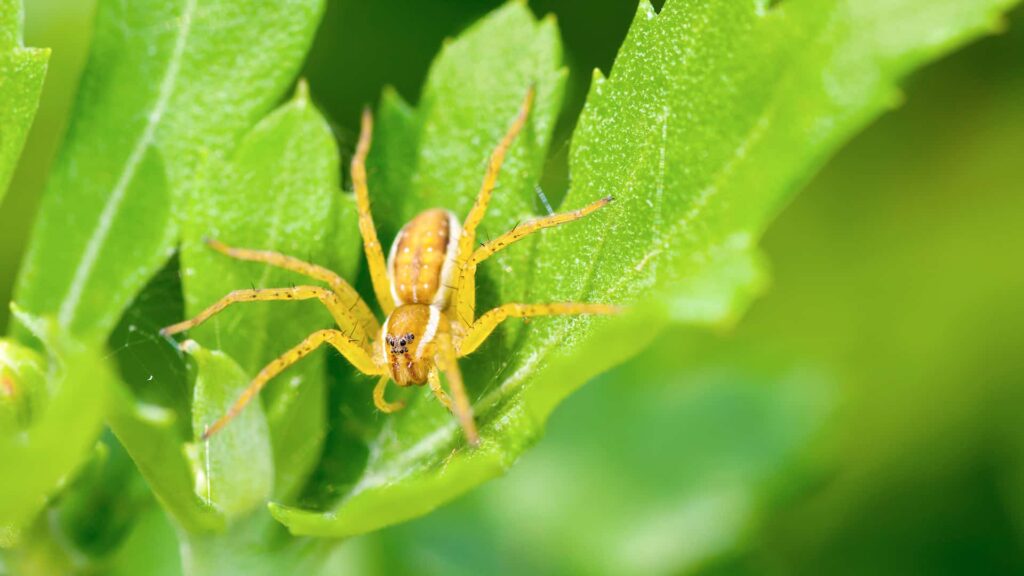
Brown recluse spiders are typically easy to identify. They are small, measuring about the size of a quarter with their legs outstretched. Their bodies are light to dark brown and lack prominent hair, appearing almost smooth.
The most distinguishing feature is a violin-shaped marking on their backs, earning them the nickname “fiddleback spiders.”
These spiders are nocturnal, hiding in undisturbed areas during the day. Common hiding spots include furniture, behind boxes, under clutter, and within wall crevices.
Their lack of webs also makes them less noticeable compared to other spider species.
Signs of a Brown Recluse Infestation
Since brown recluse spiders are not active web-spinners, detecting an infestation can be tricky. Here are some signs that can indicate their presence:
- Sheet-Like Webs: While uncommon, brown recluse spiders may create small, messy webs in secluded corners or crevices.
- Egg Sacs: These are round, cream-colored sacs about the size of a dime and may be found near spider harborages.
- Actual Sightings: Spotting a brown recluse spider during the day is a potential sign of an infestation.
How to Prevent Brown Recluse Spiders
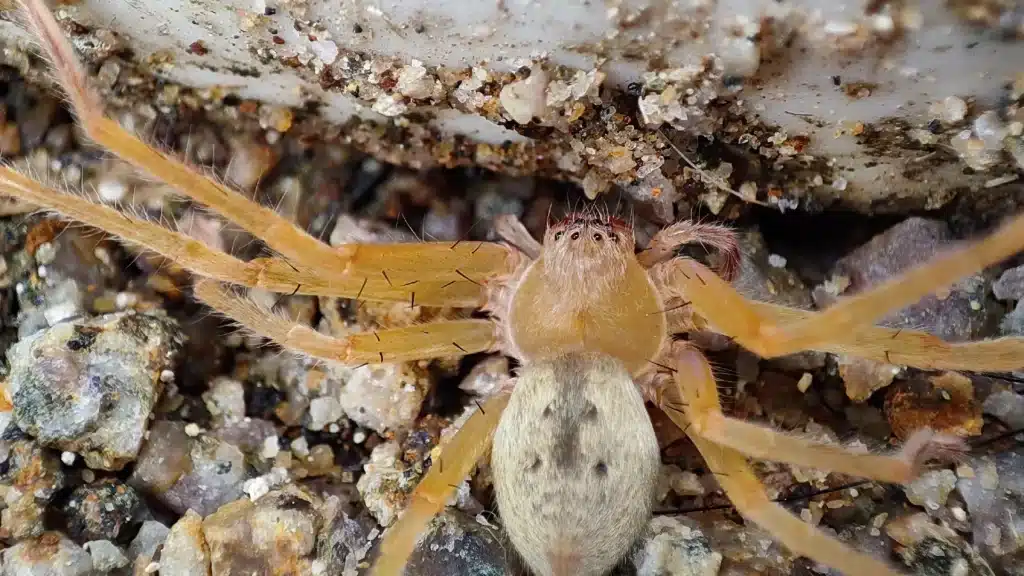
The best defense against brown recluse spiders is a good offense—prevention. Here are some key brown recluse spider control strategies:
- Cover Entry Points: Caulk and expanding foam can effectively seal cracks around windows, doors, and the foundation, eliminating potential entry points.
- Reduce Clutter: Decrease the number of hiding spots by keeping basements, attics, and storage areas organized and free of clutter.
- Maintain Your Exterior: Trim back shrubs and vines from the house and remove woodpiles from the immediate vicinity.
- Vacuum Regularly: Regular vacuuming can help remove potential prey insects that attract brown recluse spiders.
How to Get Rid of Brown Recluse Spiders
While some methods can be attempted for DIY brown recluse control, it’s important to weigh the risks and potential benefits. Because of the possible inherent risk, getting help from a trained spider extermination service may be the best option from the outset.
Here’s a breakdown of some options:
DIY Methods
- Sticky Traps: These can capture spiders, but effectiveness depends on placement and requires frequent monitoring.
- Diatomaceous Earth: This powder dehydrates spiders but may take time to work and requires careful application to avoid inhalation risks.
- Natural Repellents: Essential oils like peppermint or lavender may deter spiders but may not eliminate existing populations.
Professional Pest Control for Brown Recluse Spider Infestations
This is the most effective and reliable option for significant infestations. Trained pest control experts have the knowledge, equipment, and pesticides to target and eliminate spider populations while minimizing risks to you and your family.
Get Brown Recluse Spider Pest Control
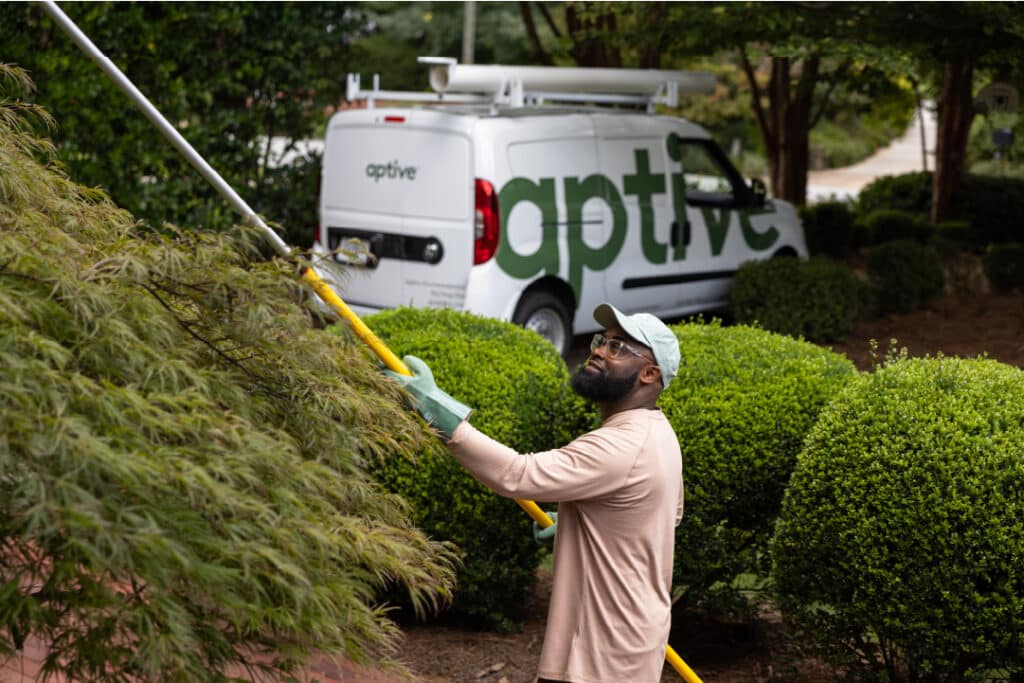
By understanding brown recluse spiders, their behavior, and the risks they pose, you can take informed action to protect yourself and your home.
Prevention is key, but seeking professional help from a qualified pest control service is the most effective and safest course of action for established infestations. Reach out to us at Aptive today.


